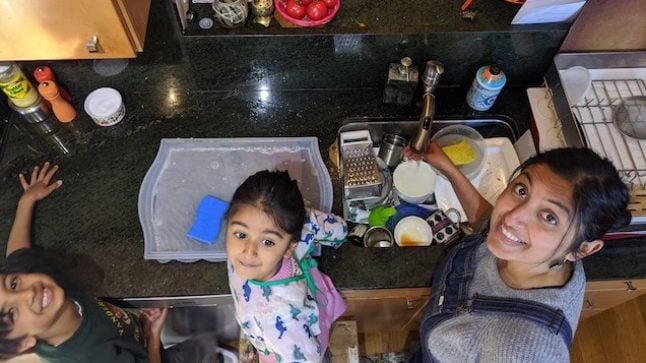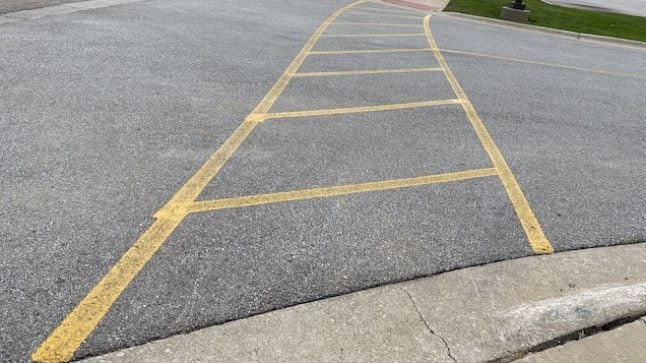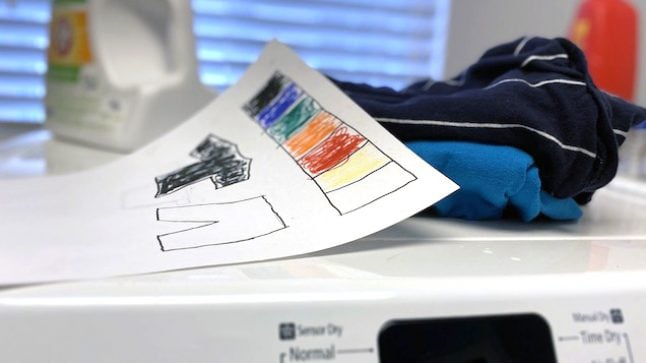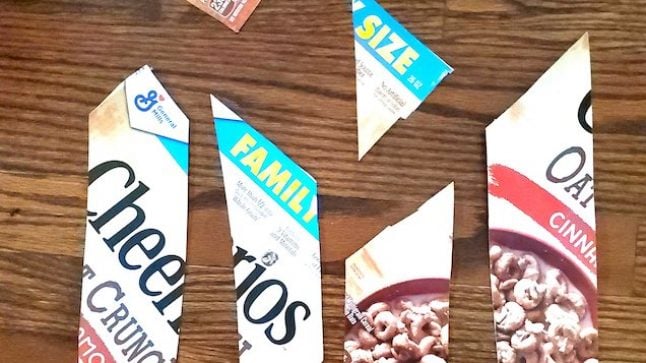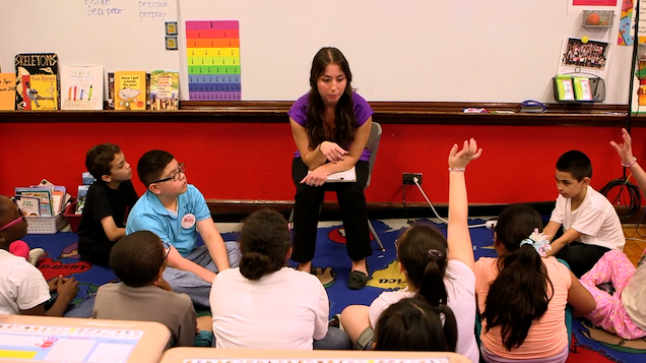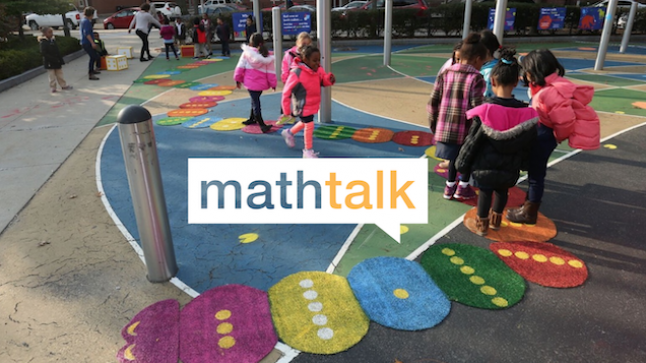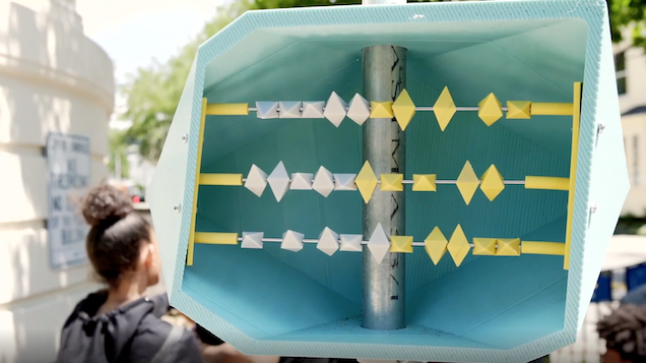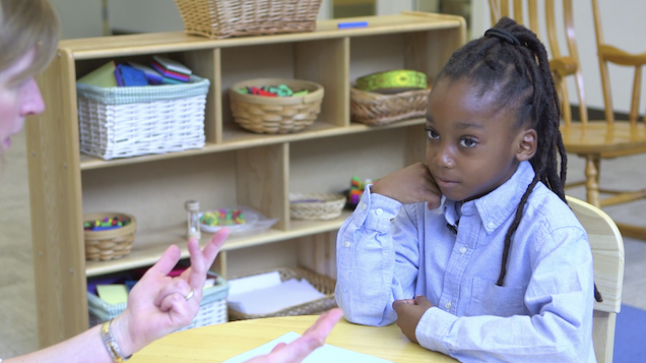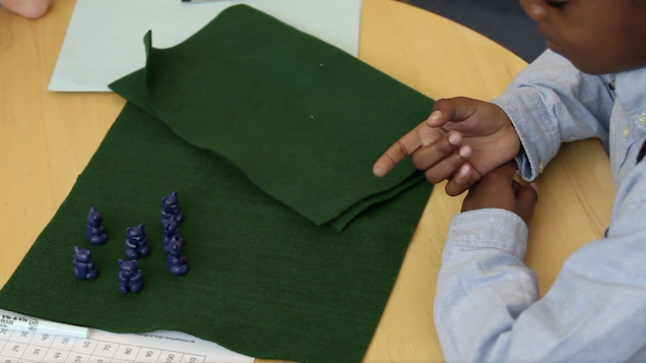1st Grade Math
Series: Ideas at Work
Dishing Up the Math: Tasks at Home Can Become Math Time
April 28, 2020
Every day dishes need to get cleaned, and every day dishes need to get put away. By involving children in tasks like doing the dishes, you can help them see mathematics in this work.
- Topic: Measurement, Spatial Relationships
- Age/Grade Level: Pre-K, Kindergarten, 1st Grade, 2nd Grade, 3rd Grade
- Tags Family Math, En Español
Series: Ideas at Work April 26, 2020
We’re Going on a Math Walk, Going to Find Some Math Talk
Going for walks is an excellent time to talk about math with your child. You’ll be surprised how much math talk you can have when you look for the math in your very own neighborhood.
- Topic: Number Sense, Counting, Spatial Relationships, Shape
- Age/Grade Level: Pre-K, Kindergarten, 1st Grade, 2nd Grade, 3rd Grade
- Tags Family Math, En Español
Series: Ideas at Work April 25, 2020
Let’s Wash that Math Right Into Laundry Day
Whether you have a machine at home or visit a laundromat, there is all kinds of math involved in doing laundry. And there are all kinds of ways that children of all ages can join…
- Topic: Sets
- Age/Grade Level: Pre-K, Kindergarten, 1st Grade, 2nd Grade, 3rd Grade
- Tags Estimation, Comparing, Attribute, Family Math, En Español
Series: Ideas at Work April 24, 2020
DIY Puzzles Develop Spatial Thinking
Jigsaw puzzles are a great way for children to develop their spatial thinking and problem-solving skills. Children enjoy doing all kinds of puzzles and making ones from materials found around the house keeps it fresh…
- Topic: Spatial Relationships
- Age/Grade Level: Pre-K, Kindergarten, 1st Grade, 2nd Grade, 3rd Grade
- Tags Games, Family Math, En Español
Series: Hear from the Experts February 19, 2020
How Children Learn about Numbers: A Conversation with Kelly Mix
In her presentation “Cognition and Early Childhood Numeracy: How Number Concepts are Built and Why Input Matters,” Kelly Mix bridged research and practice in her discussion of math language and learning.
- Age/Grade Level: Pre-K, Kindergarten, 1st Grade, 2nd Grade, 3rd Grade
- Tags Cardinality, Promising Math
Series: Focus on the Lesson January 28, 2020
Launch Problem Solving with Understanding Using Three Reads
In this lesson launch, we see a third-grade teacher using reading comprehension strategies to help children understand a math story problem using a Three Reads strategy.
- Topic: Number Operations
- Age/Grade Level: Kindergarten, 1st Grade, 2nd Grade, 3rd Grade
Series: Hear from the Experts January 22, 2020
MathTalk Leaders Illustrate How Efforts Can Transform Neighborhoods
Early Mathematics Learning in Family and Community Contexts was the 2019 topic of the Promising Math biennial conference. Framing the event were three plenary presentations that brought cognitive, contextual, and collaborative lenses to the topic.…
- Age/Grade Level: Pre-K, Kindergarten, 1st Grade, 2nd Grade, 3rd Grade
- Tags Family Math, Promising Math
Series: Hear from the Experts January 21, 2020
Co-Design Process for Math in the Neighborhood with Omo Moses
Omo Moses, founder of MathTalk, and his colleague, Keith Griffin discuss how they connected over basketball and went on to find local, culturally-relevant ways to engage families in math learning in their own neighborhood.
- Age/Grade Level: Adult Learners, Pre-K, Kindergarten, 1st Grade, 2nd Grade, 3rd Grade
- Tags Family Math, Promising Math
Series: Focus on the Child December 5, 2019
Egg Carton Story with Child 15
The math story this second grader solves is a change unknown story. There was a full carton of a dozen eggs but some were eaten, leaving only 3 eggs. After making sense of the problem,…
- Topic: Number Operations
- Age/Grade Level: 1st Grade, 2nd Grade, 3rd Grade
- Tags Child 15
Series: Focus on the Child December 4, 2019
Teddy Bear Picnic Math Stories with Child 15
A second-grade student solves a variety of addition and subtraction math stories. Using his fingers as math tools, he is able to solve the stories, even as what is known or unknown shifts.
- Topic: Number Operations
- Age/Grade Level: 1st Grade, 2nd Grade, 3rd Grade
- Tags Child 15
Do the math.
Free videos.
Free newsletter packed with ideas.
Free professional learning modules.
